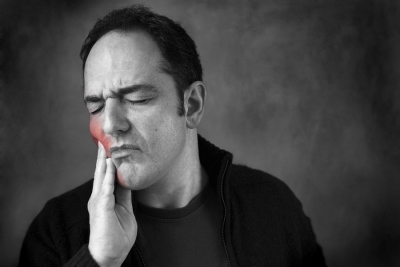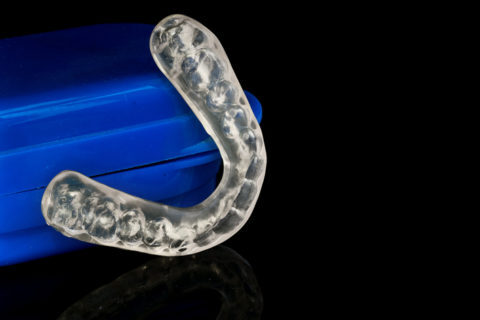THE SIGNS AND SYMPTOMS OF BRUXISM
Bruxism in Belmont is also known as teeth grinding or clenching. Bruxism affects millions of Americans, who may unconsciously clench their teeth during the day or unknowingly grind their molars at night while asleep. While bruxism does not always require treatment by a dentist, some cases are significantly severe to cause fractured or chipped teeth, headaches, and sleeping problems. Keep reading to learn more about common bruxism symptoms, including jaw soreness, sleep disturbances, and damaged teeth.
Jaw Soreness
With even mild or moderate bruxism, individuals often report to a dentist with symptoms of a sore or tired jaw. Teeth grinding most often occurs during sleep. If you do not sleep with a partner who is easily awakened, you might not realize that your sore jaw or toothache is caused by bruxism. Many people complain of a dull, constant headache when they wake up. Headaches can last throughout the day. The jaw may feel especially sore in the morning, as well.
Sleep Disturbances
Bruxism is also associated with troubled sleep patterns. A dentist is not sure of the exact link between bruxism and sleep disturbances. However, many individuals who suffer from bruxism also report difficulty sleeping well or sleeping through the night. Teeth grinding may occur as a natural reaction to stress and anxiety, which can also cause insomnia. Additionally, dentists have established a correlation between bruxism and a sleep disorder called sleep apnea. With sleep apnea, individuals struggle to get oxygen as they sleep, which disrupts their breathing patterns and leads to wakefulness.
Damaged Teeth
Chipped or fractured teeth are a sign of more severe bruxism. If you grind your teeth nightly, it eventually wears down your tooth enamel. This can lead to breaks, cracks, and chips in your teeth. Additionally, losing tooth enamel can expose the tooth’s nerve, causing toothache and sensitivity. Unfortunately, tooth enamel does not regenerate. A dentist can prescribe a mouthguard or other solution to preserve your existing enamel.


